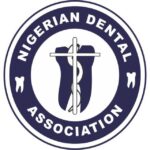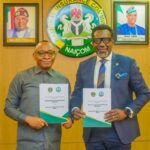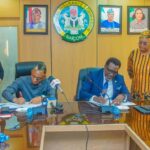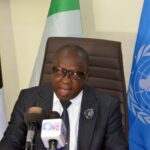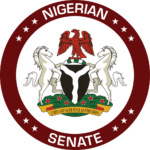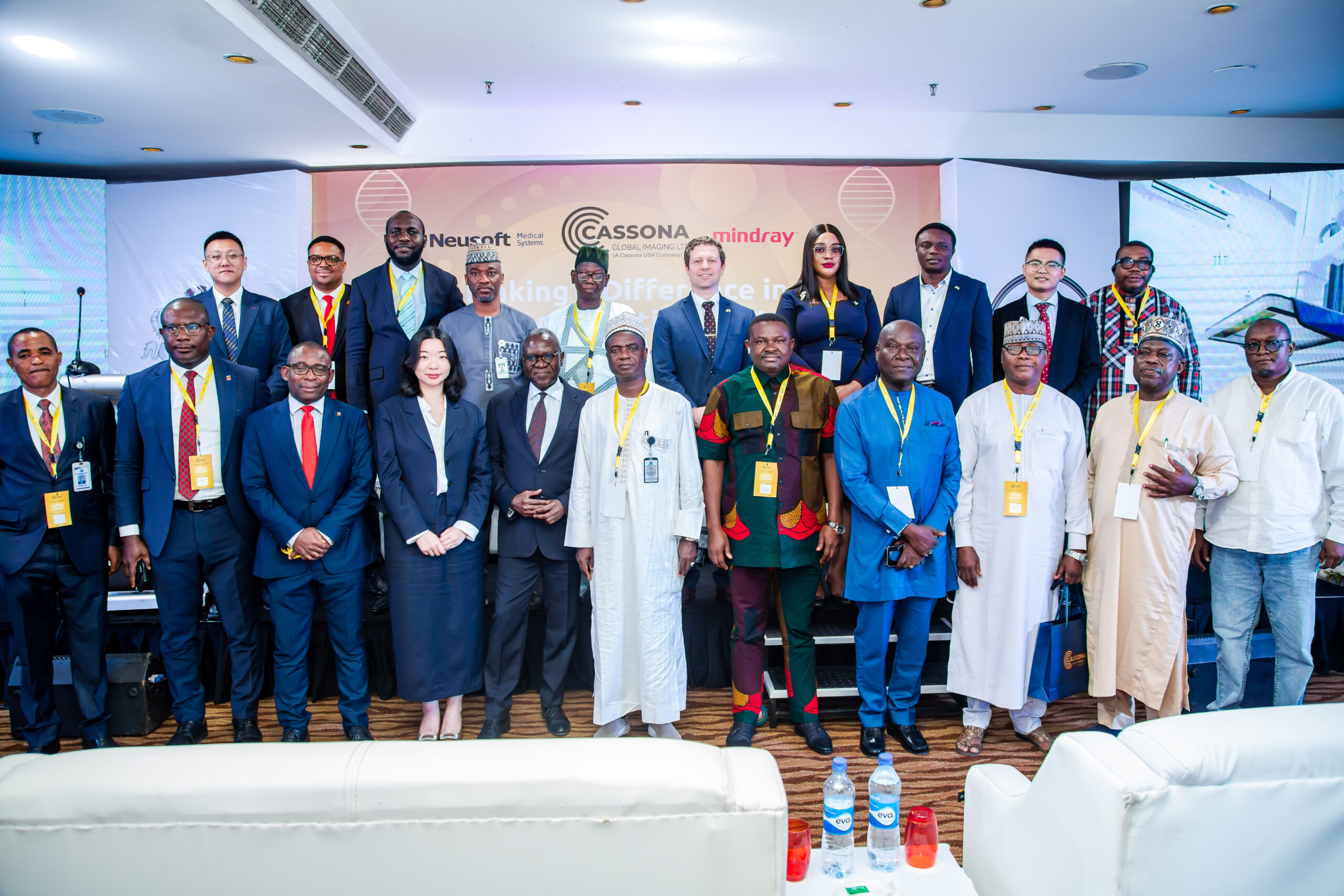By Folasade Akpan
Mr John Chigbu, the Chief Executive Officer (CEO) of Cassona Global Imaging Limited, says Nigeria has to attract medical tourism to draw the right investment.
Chigbu said this in Abuja, at the inauguration of the company’s medical imaging programme and diagnostic equipment in Nigeria.
According to him, healthcare is a critical infrastructure that should not be denied Nigerians or accessible to only those who can afford it.
“If we don’t give health to our people, how can people come in here and invest? We need medical tourism to come into Nigeria, not the other way around.”
To bridge the healthcare infrastructure gap, he said that Cassona would aid the transformation of Nigeria’s healthcare landscape with its innovative approach to providing affordable medical equipment and training.
According to him, the company’s mission is to make quality healthcare accessible to all Nigerians, by selling the equipment at a fraction of the cost.
The company’s equipment range includes ultrasound machines, X-ray machines, CT scanners, and PET-CT scans, which will significantly improve disease diagnostics in Nigeria.
He also said that efforts were on by the organisation to set up diagnostic centres and hospitals equipped with state-of-the-art medical equipment in Nigeria.
The company would also provide training for healthcare professionals, ensuring that they are proficient in using the equipment.
“We are not just building hospitals, we are building a healthcare ecosystem.
“We will provide training, maintenance, and support to ensure that our equipment is always working. If it breaks down, we will fix it within 48 hours or provide an alternative,” Chigbu added.
He also said that a PET-CT scanner, capable of seeing many tissues and organs in the body for a more accurate picture of a patient’s condition would be installed in Abuja.
The CEO, however, called on other corporate organisations and citizens to help with provision of affordable healthcare to Nigerians, adding that the government could not achieve it alone.
Representing the U.S. Mission, Mr Blake Murray, the Commercial Officer from the U.S Department of Commerce, said that efficient and resilient healthcare systems yield far-reaching benefits.
According to him, it also improves patient outcomes, reduce costs, expands access, accelerates emergency response capabilities, and advances disease prevention and control.
He also said that as Nigeria continues to invest in modernising its healthcare landscape, strategic partnerships with U.S. companies could serve as powerful accelerators.
“Nigerian firms and public institutions collaborating with U.S. medical suppliers like Cassona have access to original equipment manufacturers’ cutting-edge technologies, world-class standards, and critical service and warranty support for new equipment.”
Murray said that U.S. commitment to Nigeria was rooted in mutual growth with an aim to support trade and commercial policies that unlock bottlenecks to investment, foster a transparent business environment, and create jobs on both sides of the Atlantic.
He added that the shared goal was to promote two-way investment and deepen commercial ties between both nations.
He noted that U.S. healthcare companies already made meaningful contributions to Nigeria’s medical sector, advancing public-private institution initiatives and sharing best practices across a range of areas.
These collaborations, he said, aligned closely with Nigeria’s strategic objectives, digital health transformation, workforce development, and an ambitious drive toward universal health coverage by 2030. (NAN)(www.nannews.ng)
Edited by Vivian Ihechu

